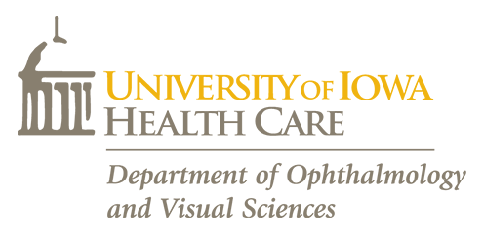Gene correction is a valuable strategy for treating inherited retinal degenerative diseases, a major cause of irreversible blindness worldwide. Single gene defects cause the majority of these retinal dystrophies. Gene augmentation holds great promise if delivered early in the course of the disease, however, many patients carry mutations in genes too large to be packaged into adeno-associated viral vectors and some, when overexpressed via heterologous promoters, induce retinal toxicity. In addition to the aforementioned challenges, some patients have sustained significant photoreceptor cell loss at the time of diagnosis, rendering gene replacement therapy insufficient to treat the disease. These patients will require cell replacement to restore useful vision. Fortunately, the advent of induced pluripotent stem cell and CRISPR-Cas9 gene editing technologies affords researchers and clinicians a powerful means by which to develop strategies to treat patients with inherited retinal dystrophies. In this review we will discuss the current developments in CRISPR-Cas9 gene editing in vivo in animal models and in vitro in patient-derived cells to study and treat inherited retinal degenerative diseases.
Crispr-cas9 genome engineering: Treating inherited retinal degeneration
Journal:
Progress in retinal and eye research
Publication Date:
Mar 22 2018
Pubmed ID:

